Can’t say as I blame you, because as a Park Ranger, I have the best job in the world, plus the hat.
I am a seasonal interpretive Park Ranger (you know gives talks and walks). Others that wear the “gray and green” include fee collectors, law enforcement, backcountry, maintenance, administration and more. And then there are Volunteer-in-Parks. I can only tell you about my job.
All government jobs are listed on usajobs.gov and the work is very competitive. Best if you have a college degree in something, or a lot of life experience. It’s a service related job requiring skills working with people. Working/volunteering at local nature centers looks good. Also check out this site http://idp.eppley.org/ to learn more about the federal agencies and job proficiencies.
Get your resume on the job’s site. After applying to as many parks as you think you’d like to work at, you wait. First your application is scored. If you’re a veteran you get extra points. Then you hope to make the cert. Months later you might get an availability call to see if you’re still interested. Then perhaps a follow up call for an interview. And finally, you hope, another call with a job offer. Some parks offer housing of various kinds, some have RV spaces. Urban parks may not offer housing. It’s not free but usually reasonable to the location.
I volunteered for a mycology study at Oregon Caves National Monument
If you don’t need the money, think about volunteering. Most parks are happy to have volunteers. You can often volunteer for a job you’d never get hired for. Plus it’s a good way to get your foot in the door. Again, every park is different and has different needs. Some offer free housing, a daily stipend, or just experience.
In costume for a living history program
Once at a park, training typically lasts two weeks. Every park is different. This is a time to learn everything you can possibly cram into your brain and hang on to. Plus there are programs to develop and that too varies at each park with how many and what topics. Many visitors see the Park Ranger like a walking Wikipedia. However, don’t think you’ll always be able to instantly Google an answer because quite frequently, especially in the rural west, you wont have cell service, 3Gs, 4Gs, or any Gs.
Seasonal Rangers make up the bulk of staff at many parks. The limitation is working no more than 1039 hours, about six months. Permanent jobs are even more difficult to get. Seasonals do not receive retirement benefits. You earn sick leave that accumulates and moves with you to any federal agency. And you earn annual leave/vacation which you typically don’t use much of during a 3-6 month season so it comes lump sum after your season is over.
Highly recommended read
Once you complete a successful season at a park with good evaluations you will typically be asked to return, but at their discretion and budget allowances. It’s certainly to the park’s advantage to have well trained returning Rangers.
From the web somewhere
To be an interpretive Park Ranger requires passion, devotion, a love to learn, share and meet people from around the world. You may be out in the best or worst of weather and terrain. Encounter wildlife or wild visitors. And you might occasionally get tired of hearing the same question after the 100th, or 1000th time. But you will get paid in sunsets.
What can you give back to the park?

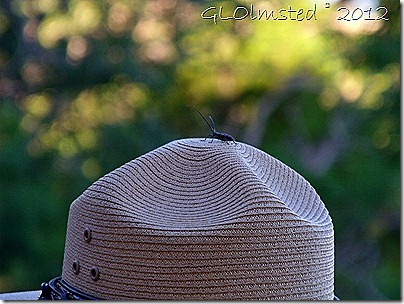
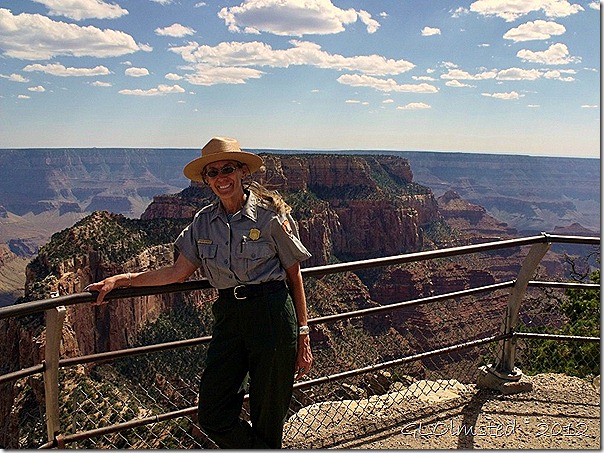
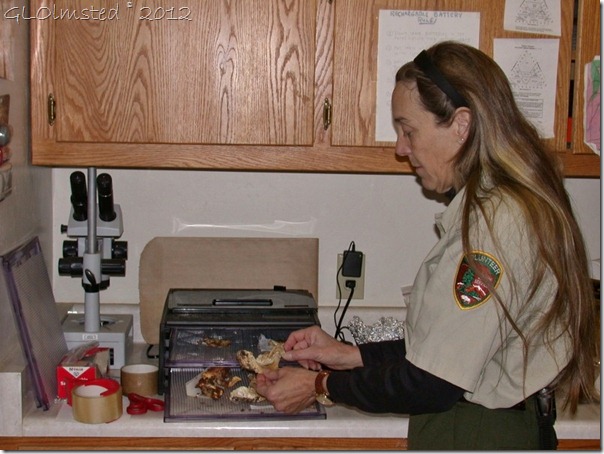
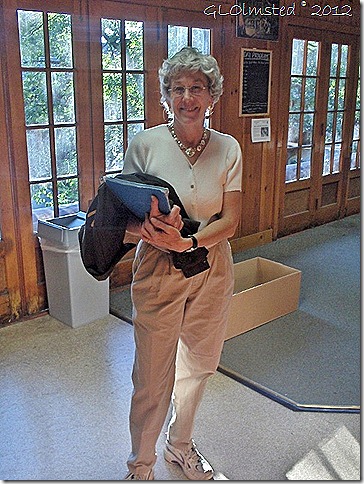
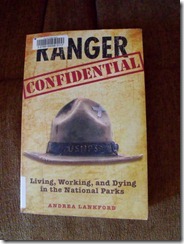
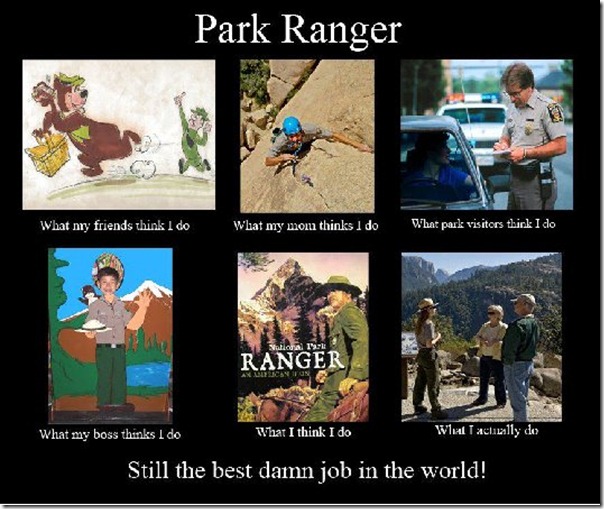
well done, my friend!
Good post! Now if I were just a bit younger…..
Such a cool job!
Hee hee…G-strings :D.
Excellent post! I know exactly how the process goes. I went through the same one years ago when i wroked at Point Beach State Forest in WI. I got to wear the hat and it was an amazing experience. But all good things had to come to an end. I moved to California, bla bla bla….ended up in Arizona. Last year was the first time I thought about working as a seasonal ranger during my summer break this year….instead I chose summer school. I am grateful for your post and hope to work in the field. Teacher, trilingual, wildlife enthusiast, traveller….oh and loves to work with similarly minded people. It would be a lot of fun. Thanks for your knowledge and links to get me started on this journey. It would be amazing to do this again……and to wear the hat. One last memory of perfection. Coffee, Ranger Booth, and a deer walking past my station on a foggy day. Perfection. That lasted for the AM until the sewers backed up at one of the outhouses and then it was quite shi$$&:) You never know what each day brings and it’s exciting.
This was a great post with lots of helpful information. I wondered about the seasonal ranger jobs and the volunteer jobs too. You do have a great job and I bet you are great at it because you like it so much.
http://travelinglongdogs.blogspot.com
great post!
such a cool job! i love the photos of you and your new site.
have a great wednesday!
xx
Ah great! It’s working… thks
Such a learning post!
I like your new blog site. Beautiful header! You gave a wonderful write up on being and becoming a ranger. I was a seasonal NPS ranger for about 12 years and enjoyed my experience more than words can say. I am thankful for the parks I worked and learned in and for the people I worked with and met during my seasonal stays. I consider the national parks my second home and one reason I don’t mind paying taxes.
Thanks for your blogging!
Yes – I do want to be a park ranger! Maybe a year…maybe 5…maybe 10 – but it is one of my goals. We also have a goal to make it to all of the national parks in our lifetime…so I can add that to the resume and perhaps catch an eye or two!
I miss tour guiding every day and am jealous of you for being able to do this. Perhaps if I didn’t have kids it would have been a different story but my freedom of movement are very restricted. LOL!
This is me, grinning from ear to ear ! 🙂
Great post. I enjoyed reading it along with the photos. I retired after almost 33 years as a park ranger and have to say that most of my most enjoyable times were during my seasonal days. Permanent status brings a great career but includes higher levels of responsibility and accountability along with their accomplice stress.
You can learn more about what it is like to have such a career in the book I have written” A Park Ranger’s Life: Thirty Two Years Protecting Our National Parks.” This book is currently being used at four universities as required reading for students studying to become park rangers. It is available on Amazon.com.
I also have a blog where you can find out more about being a park ranger and how to find jobs. You can go there at http://www.aparkrangerslife.blogspot.com. If you use the search window in the right hand column type in “jobs” to be led to entries on the hiring process.
And do check out “Park Ranger Confidential” by Andrea Lankford as mentioned in this post. It is a great read.
author andrea Lankford was the Grand Canyon’s rim job Ranger!